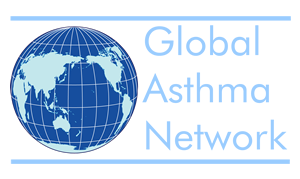

Atopic eczema remains a significant cause of morbidity in children and adults. Globally, the overall prevalence of atopic eczema is 22.6% (1)and 10% of adults in high income countries may carry the disease through from childhood or develop new eczema(1)(2).
In the Global Asthma Network (GAN) phase 1 study(3, 4) there has been a global increase in the prevalence of current eczema symptoms of 0.98% per decade in adolescents and 1.21% per decade in children, and of 0.26% and 0.23% per decade in severe eczema symptoms(3). Studies have also indicated an increased burden of disease in Māori and Pasifika groups in New Zealand(5).
Despite increased atopic eczema disease burden and recent advances in treatment, research into AE prevention has been slow(6). There may also be barriers to adequate management of AE in vulnerable populations.
Barriers may occur at the level of early treatment commencement, due to issues obtaining adequate assessment and health education. Travel to obtain prescriptions, and purchasing non-prescription treatments may present a financial burden to patients. Inadequate dermatology cover per head population is also a significant barrier to treatment and follow up in New Zealand, where there is estimated to be only 1 dermatologist per 270, 000 people.
In this talk we will consider these barriers to management and factors amenable to intervention.
GAN gratefully acknowledges funding from the University of Auckland and Wellcome (Grant number 203919/Z/16/Z) as well as sponsorship from AstraZeneca and GlaxoSmithKline that has helped to make the GAN Symposium 2024 possible. We thank the speakers and the organisations they represent for their contributions including securing their own funding to enable their participation. The Symposium programme was developed independently by the GAN Steering Group.
Our network has been targeted by an email scam. If you receive any unusual requests for assistance from any of the steering group members, please ignore it.
These emails are a common scam that has also targeted many other organisations. Please note we will never make any request for financial assistance from our collaborators. If you have any questions please contact us at info@globalasthmanetwork.org